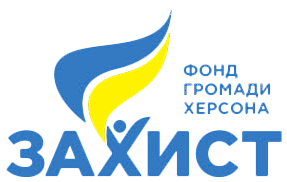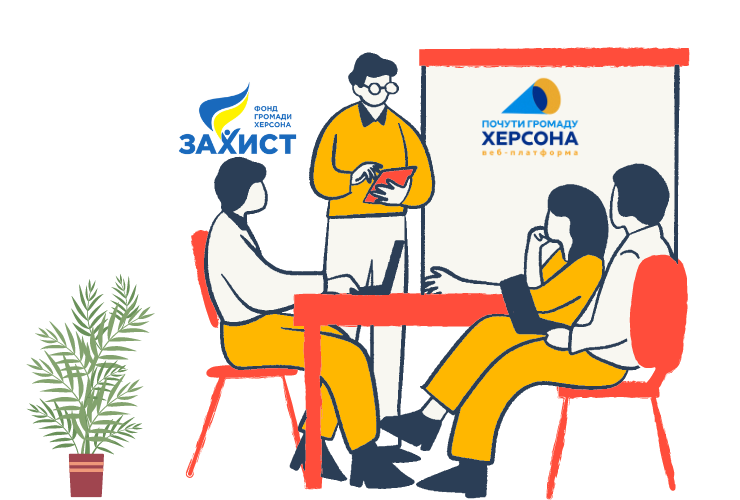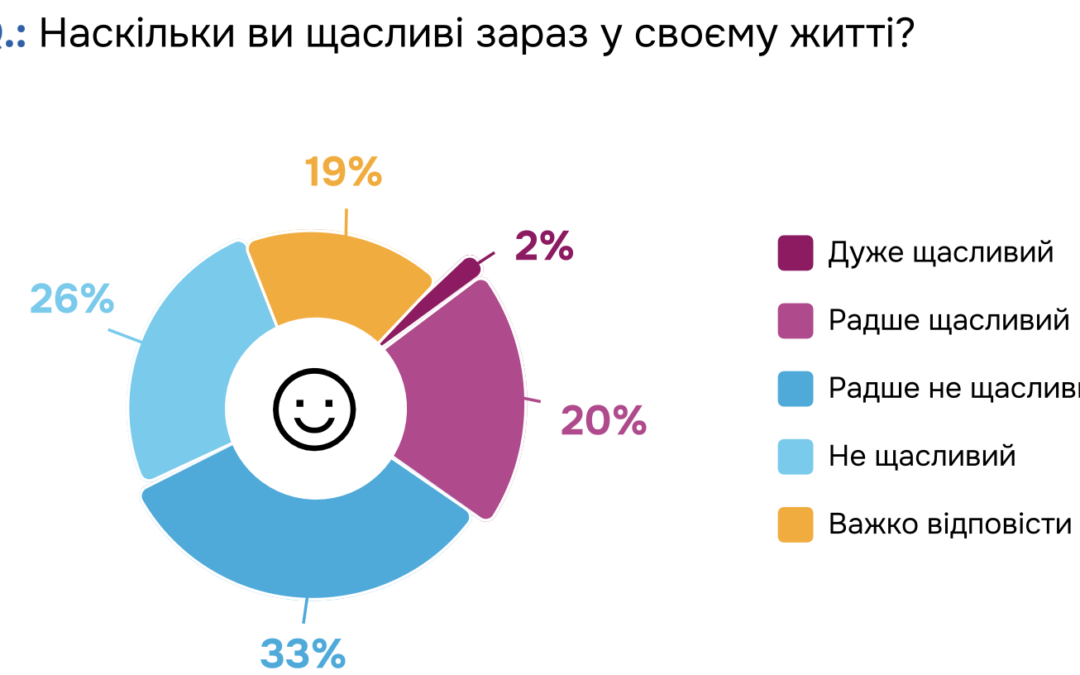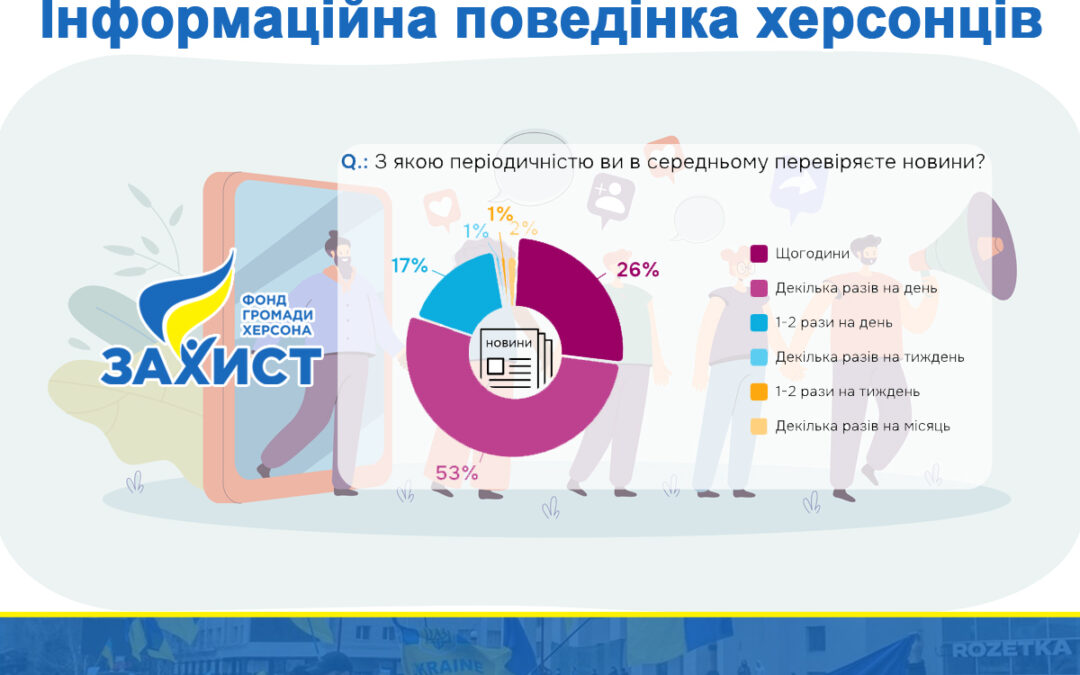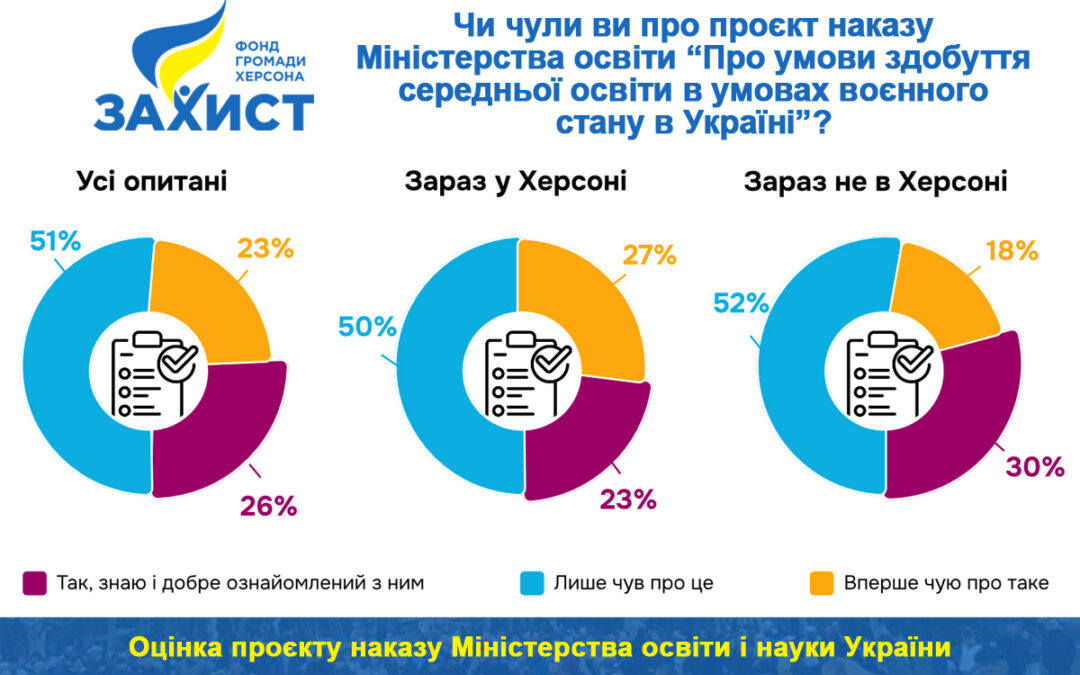Report on the results of an online survey based on an interactive structured questionnaire, the link to which was sent to potential respondents from the database (Kherson Community Research Online Panel).
The purpose of the study: to study the opinion of Kherson residents regarding the involvement of citizens in the decision-making process in the community and the use of direct democracy tools.
- In general, Kherson residents are positive about involving citizens in the community decision-making process. According to more than half of the respondents (52%), most community decisions should be made subject to citizens’ involvement. However, given the martial law, the citizens’ involvement in community decision-making should not be as comprehensive as in peacetime. 41% of respondents believe that during the war, most community decisions should be made subject to the involvement of citizens.

- The most common answer related to the selection of persons to be involved in community decision-making was any person with Kherson residence regardless of their current place of stay (37%), including IDPs (62%). However, there is a significant share of persons thinking that those who have left the community or without Kherson residence may not be involved in the community decision-making process.
- Most respondents have either a clear or a certain, though not yet crystallized, understanding of the “direct democracy” concept (85% in total) and its most common mechanisms and activities. Surveys (62%), public hearings and public consultations (62%), and petitions (55%) were identified as the most popular activities. However, given the war, surveys (64%) and petitions (61%) are considered the most relevant.

- More than half of the respondents have already participated in passive (remote) direct democracy activities, that is, in surveys and electronic petitions, both before and after the full-scale invasion began. However, only 10% of respondents participated in such direct democracy activities as public hearings before the full-scale invasion and 2% – after 24.02.2022.
- The participation of Kherson residents in the petitions was quite active, though they mostly acted as signatories. After the full-scale invasion began, 75% of respondents took part in them. Yet again, only 1% of them initiated petitions, and the rest were mere signatories.
- The most common reason for creating petitions was the issue of awarding the title Hero of Ukraine to combatants (73%). Also, a significant number of petitioners discussed various toponymic initiatives: renaming streets and settlements.
- In peacetime, the most discussed topics were designing a strategy for city development (67%), while during the war – the budget allocation (66%).
- According to 83% of respondents, the results of direct democracy activities should be made public despite the war.
You can read the full report by downloading it:
Join the new surveys on the platform Hear the community of Kherson
Your opinion is important!
The research was carried out by Charitable Organization Kherson Community Foundation “Zakhyst” within the ENGAGE public activity promotion program framework, funded by United States Agency for International Development (USAID) and implemented by Pact in Ukraine. The product content is the sole responsibility of Pact and its partners and does not necessarily reflect the views of United States Agency for International Development (USAID) or the US Government.
Reproducing and using any part of this product in any format, including graphic and electronic, copying, or any other usage is subject to reference to the source.
